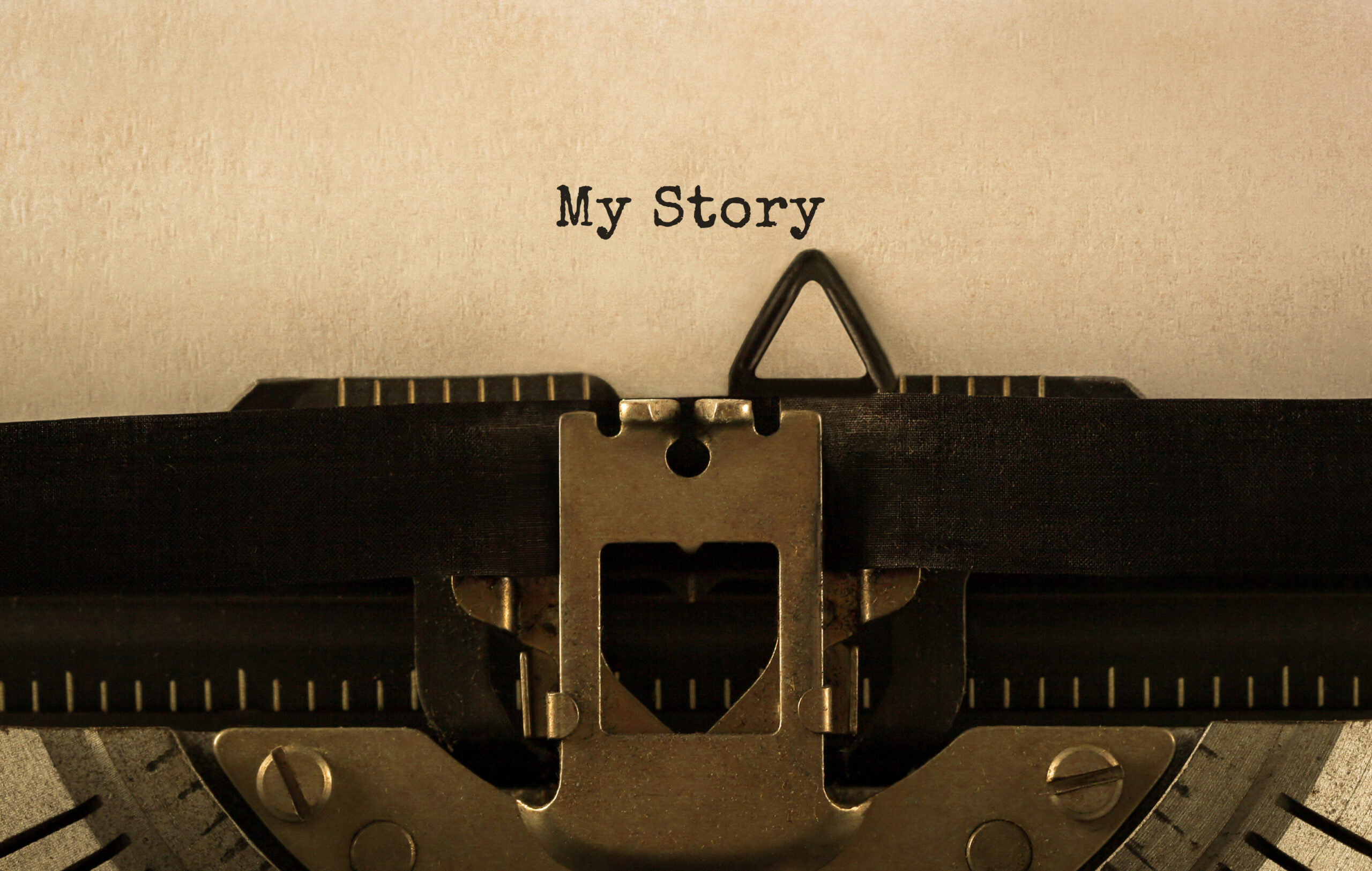Nearly 1 in 8 Americans over the age of 60 reports worsening memory loss according to a large survey by the Centers for Disease Control and Prevention. And with a rapidly aging baby boomer population, it’s fair to be concerned about an impending crisis of seniors living with Alzheimer’s Disease and dementia.
With so many older adults suffering memory loss, more research has been focused not only on finding treatments and diagnostic tools for Alzheimer’s but also helping families better cope and care for loved ones living with cognitive decline. Reminiscence therapy can be a welcome distraction during difficult or stressful times, give patients a sense of pride and self-esteem and provide a bridge to past memories. A life story laid out in a memory book (or on film) can improve communication, offer meaning, prevent boredom and provide comfort for older adults with memory loss.
Holding on to memories for as long as possible and finding ways to have meaningful interactions with family, friends and care providers has lead many loved ones to create a memory book to help people with Alzheimer’s or other dementias function better. Creating a memory book or box can serve as reminder of family members, important life events and can provide caregivers or visitors with insight into the patient’s life and a tool to start conversations.
In addition to photos, other keepsakes that could spark positive memories could also be included in a memory book or box; a recipe, a letter, grandchildren’s artwork, postcards or a baseball card could all be valuable in helping to stir a pleasant memory and give patients something happy to talk about. Memory books can also help people interacting with AD patients see the person they once were and give patients a greater sense of self.
Alzheimer’s is the 6th leading cause of death in the United States and is considered one of the fastest growing health threats. Finding ways to preserve memories and share happy moments can not only help people living with AD and dementia, projects like a memory book can offer caregivers and loved ones something concrete they can do to help. Whether hand-made or created digitally, there is a wealth of information online about creating a memory book or box for someone suffering from cognitive impairment.
Check out www.shutterfly.com or www.smilebox.com for easy-to-use templates to create a digital memory book that can be printed and saved. You can also purchase journals through Amazon.com or Indigo that are designed to create a family history keepsake or if you are feeling creative, try your hand at a photo diary adding home movie footage or photos when possible. If you do choose to film a love-one with memory loss, be sure to have carefully scripted questions and lots of patience! Consider interviewing family members and long-time friends who may be able to share even more memories.
Pinterest has plenty more ideas for what to include in a memory box, video diary or book. Having a clear idea of what the purpose of the memory book, box or film is and who will be viewing it will help keep the project on track.






Add Your Voice
0 Comments
Join the Discussion